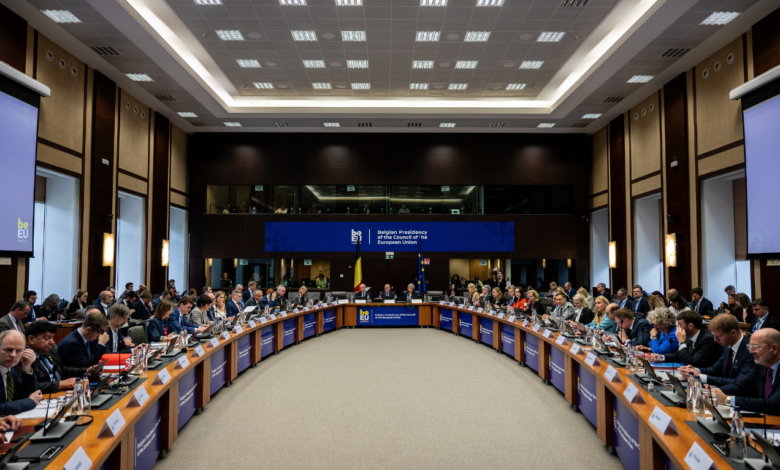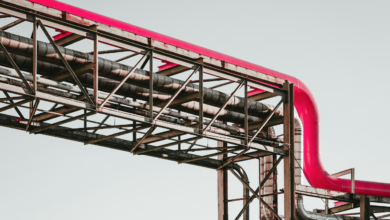Born the European Solar Charter to support the photovoltaic made in EU

New support for photovoltaic Made in EU
Promote a resilient supply of high-quality sustainable solar photovoltaic products. Expand current production capacity. Support new investments in the solar energy supply chain. These are some of the key objectives contained in the new “European Solar Charter” drafted by the EU Executive and presented in Brussels.
The difficulties of the photovoltaic industry in Europe
The act stems from a clear need: to continue growing photovoltaic installations in the Old Continent but without China swallowing the demand for cells and modules. It is no secret that today the People’s Republic is a solar panels’s supplier in Europe. And that the cheaper prices of Made in China, together with the current inflationary push, have undermined the manufacturing production of the Bloc. The Community industry cannot keep up and several companies have already had to reduce their activities, shift their focus to other international markets, or even announce their closure.
But alongside a problem of a commercial nature, the risk of indissolubly linking the success of the energy transition to the will of the Asian giant is also increasing. In this context, the European Solar Charter is the Commission’s last instrument to support solar panel production in Europe, after the proposed law Net-Zero Industry Act, and the establishment of the European Alliance of the photovoltaic industry.
“Solar manufacturing is key to achieving our energy, climate, and competitiveness goals,” Energy Commissioner Kadri Simson explained during the signing ceremony. “We must ensure that the PV industry remains strong for the future European energy mix focused on renewable energy. The European Solar Charter brings together the Commission, national authorities and industry, promoting cooperation and supporting the manufacture of solar modules in Europe”.
The commitments of the European Solar Charter
The Charter establishes immediate actions that the EU Executive, Member States and representatives of the photovoltaic value chain must take, ensuring full compliance with competition rules.
Starting with the commitment to promoting “a resilient supply of high-quality sustainable solar photovoltaic products in Europe“. How? Through the implementation of the provisions of the law on industry net zero (inclusion of criteria other than price, related to responsible business conduct, innovation, sustainability and cyber security) in renewable auctions, support schemes and public procurement. But also focusing on innovative applications such as agrivoltaic, solar floating and integrated photovoltaic; with specific attention to innovative business models such as turnkey projects.
The European solar paper also asks to include in the portfolios of the main companies of the fv market, such as wholesalers, distributors and installers, products commensurate with the EU production capacity that meet a high resilience, sustainability and responsible business conduct criteria. Providing specific visibility to the quality and origin of these products and gradually increasing their volume.
In parallel, the Commission undertakes to:
- further facilitate access to EU funding for solar energy production projects;
- explore, in cooperation with Member States, the possibility of a major project of common European interest (IPCEI) to support innovations and their first industrial deployment in the value chain of solar photovoltaic production;
- propose forward-looking legislation on the eco-design and energy labeling of photovoltaic products;
- assess all evidence of alleged unfair practices, either from the industry or from other independent sources.
The promise of the EU Solar Charter
At present 23 EU energy ministers – including the Italian one – and about 100 representatives of the PV industry have signed the Charter. “With manufacturers in crisis and double-digit growth in the spread of solar threatened by the network and delays in authorizations, the EU Solar Charter represents a chapter in the photovoltaic history of Europe”, commented Walburga Hemetsberger, CEO of Solarpower Europe. “The governments of the continent have made a high-level promise to our producers, recognizing their fundamental role in the strategic supply chains of today and tomorrow. However, we continue to call for rapid action and concrete measures at the national and EU levels”.





